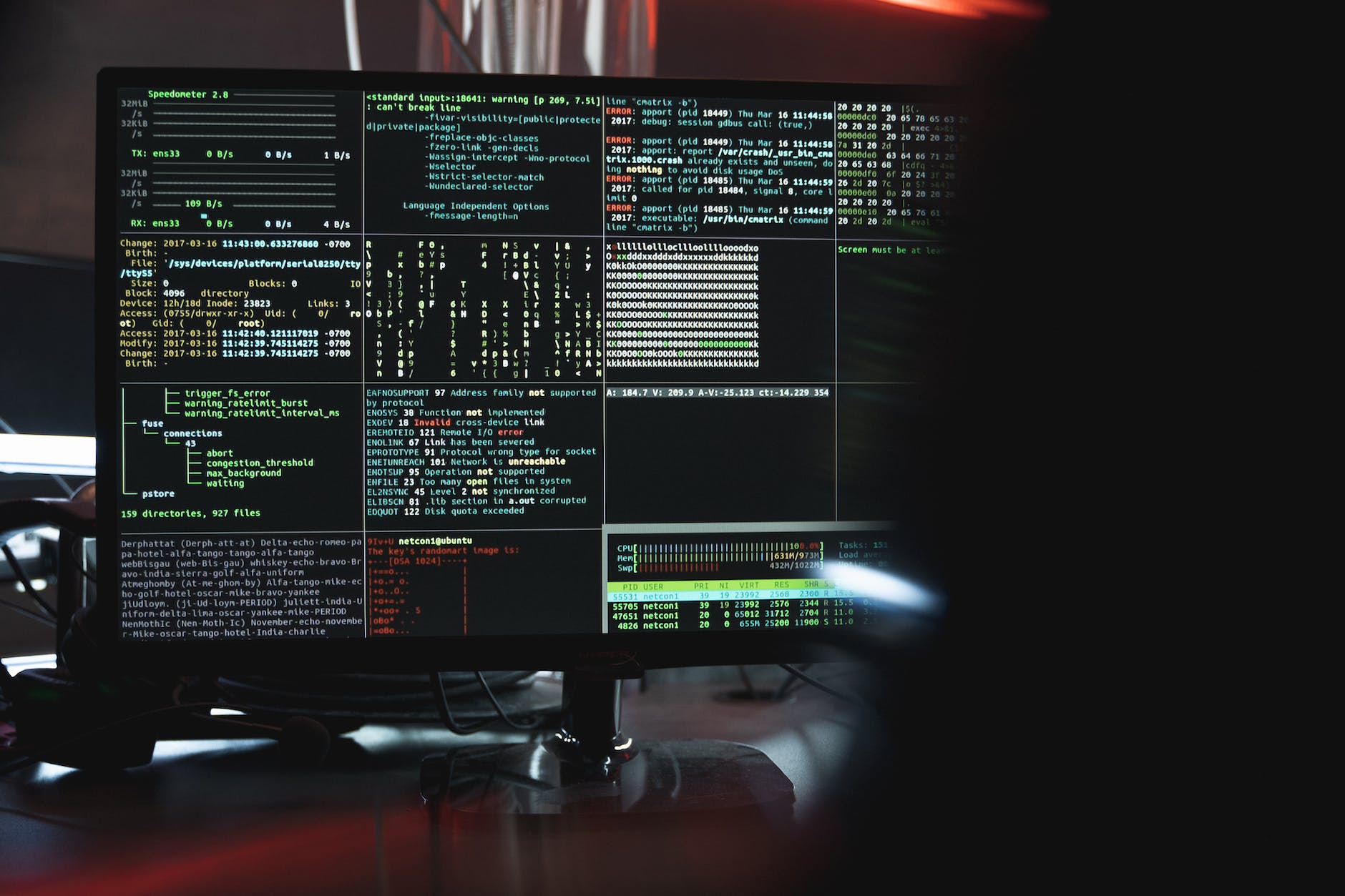
Cybersecurity is critical to protecting your business, customers, and employees. The detection and prevention of breaches reduce risk and ensure compliance with data protection regulations. Rapid technological advances introduce new threats. These include malware, ransomware, phishing, and denial-of-service attacks that disrupt businesses. Fortunately, cybersecurity professionals are fighting back with proactive defenses.
1. Detection
The cybersecurity industry faces many challenges in safeguarding businesses from cyberattacks. The digital attack surface grows daily, with information on systems spanning the cloud, enterprise data centers, and IoT devices. Amid this complexity, cybercriminals have numerous tactics at their disposal.
These include email account takeovers, malware, and viruses that can damage computers and computer systems; phishing attacks in which cybercriminals impersonate trusted sources to obtain sensitive information; and attacks using ransomware, in which cybercriminals encrypt data and demand payment before decrypting it.
Combatting these threats requires a holistic approach, including education, training, ongoing monitoring, and support. IT Services Fairfax VA is well-positioned to help with these efforts. Their services include:
- Detecting and responding to cyberattacks.
- Protecting digital infrastructure from breaches.
- Decreasing the possibility of data theft or loss.
These measures help businesses defend against cyberattacks that threaten their revenue, reputation, and customer trust. They also contribute to compliance and ensure a business responds efficiently to data breaches.
2. Security Measures
Cyber security measures are essential for safeguarding business assets, maintaining customer trust, and ensuring uninterrupted operations. Organizations can safeguard themselves against the financial consequences of ransomware attacks, system hacking, and data breaches by putting preventive measures like multi-factor authentication, strong password policies, and encrypted data into place.
Hackers are constantly developing new methods to breach company networks and steal data, whether going after clients, staff members, or their systems. By implementing security best practices, regular system updates, and employee training, businesses can limit the damage from malware, ransomware, phishing scams, and other cyber threats.
The digital revolution has made it easier for businesses of all sizes to access larger markets and work more efficiently. However, with the rise of online security threats, it’s becoming more critical than ever for companies to have a plan to protect their data and build trust with their customers.
Businesses that use security measures like strong encryption for their Wi-Fi network and email security technologies that authenticate incoming messages can better defend themselves against increasingly complex cyberattacks.
3. Prevention
Cybersecurity methods help to safeguard personal information, financial data, intellectual property, and government and business systems against hacking or other malicious attacks. These attacks may include phishing, ransomware, advanced persistent threats, man-in-the-middle attacks, or securing data by encryption and other measures.
Training helps your employees understand how a cyberattack works and what they can do to protect themselves, the company, and their customers. It is a vital part of a proactive defense against the ever-changing nature of security risks and attacks.
Cyberattacks are complex, involving numerous tactics and strategies. These attackers often target multiple points of vulnerability, including hardware, software, and the Internet of Things (IoT).
It makes it challenging for businesses to prevent cyberattacks. Companies must implement robust cybersecurity policies, conduct regular security audits, and provide employees with ongoing training on cyber threats. By doing this, companies can reduce the likelihood of a data breach and keep up with hackers.
4. Training
Cybersecurity is critical to modern life and business, protecting personal and financial information from hackers and cybercriminals. Maintaining customer trust, adhering to compliance regulations, and preventing the disastrous financial effects of data breaches and other cyber threats depend on it.
The most effective way to stay safe is to train employees. You can turn them into human firewalls and lower the likelihood of a successful attack by teaching them about cybersecurity best practices, how to identify social engineering attacks and other related issues.
Conclusion
Cyberattacks are increasingly complex and involve multiple third-party components, so cybersecurity is more important than ever for individuals and businesses. Understanding the 5 Cs of cybersecurity-Change, Compliance, Cost, Continuity, and Cover helps you develop a robust security strategy for your business.
By implementing these tactics, you can safeguard data, preserve business operations, and guarantee cybersecurity insurance to lessen the impact of a breach. It will help you stay competitive and confident in the digital age.

